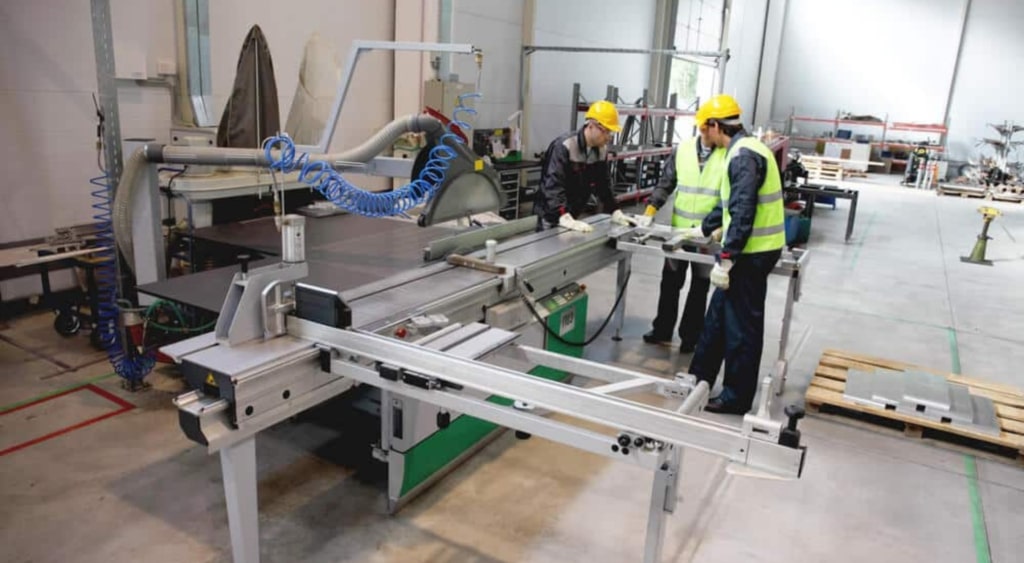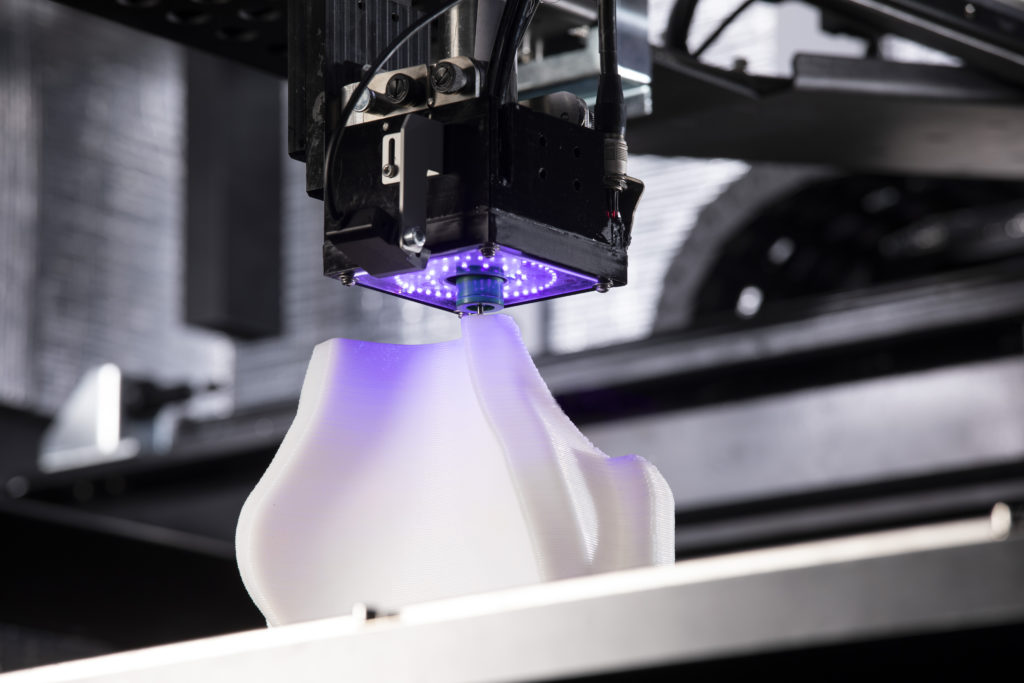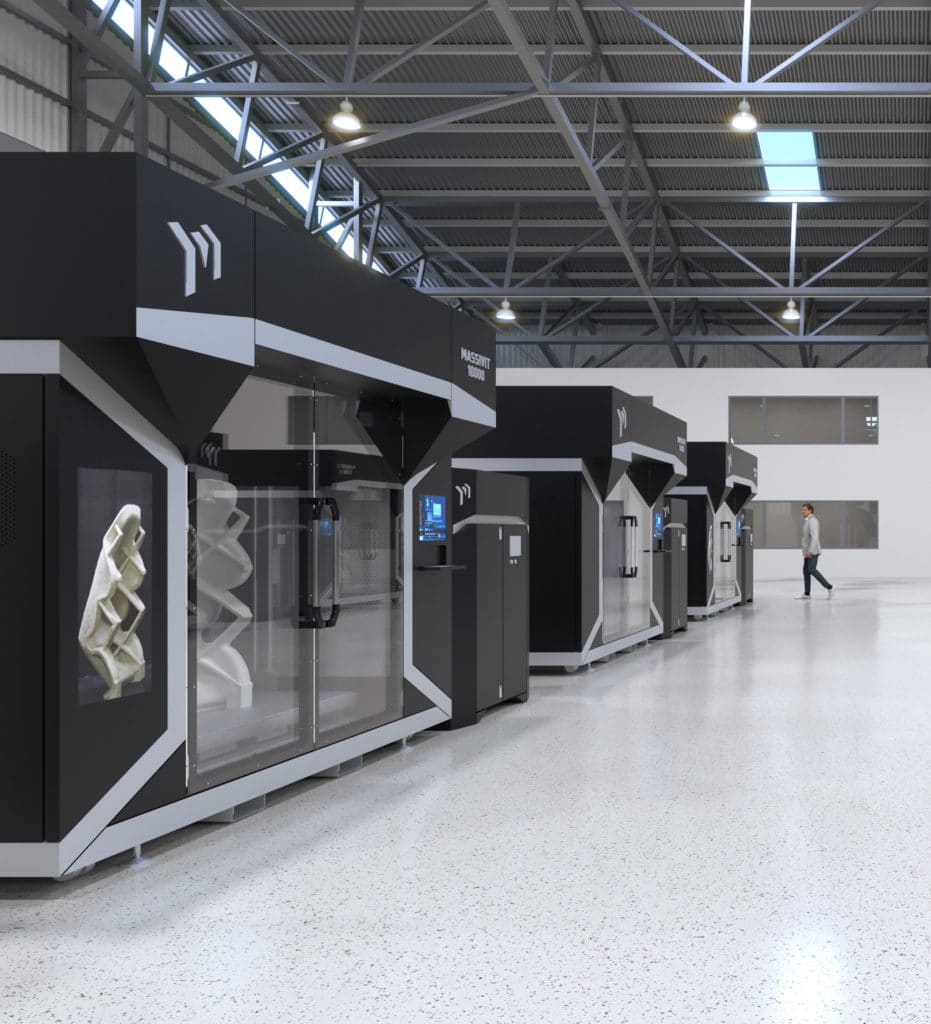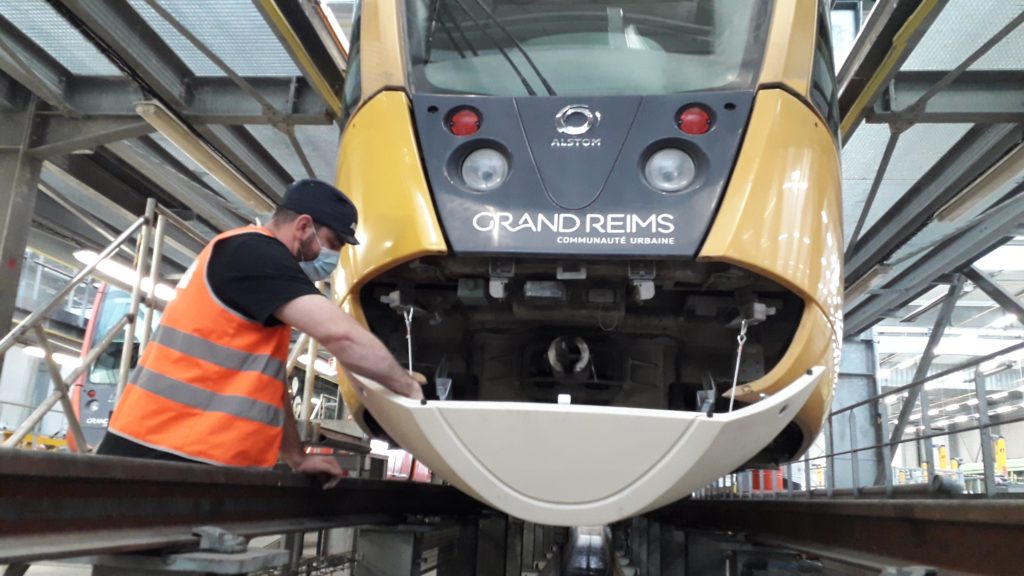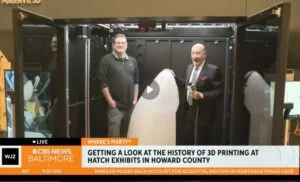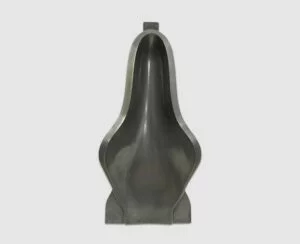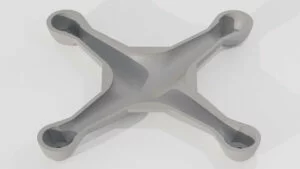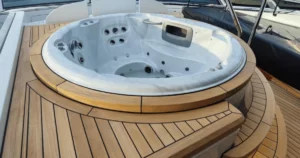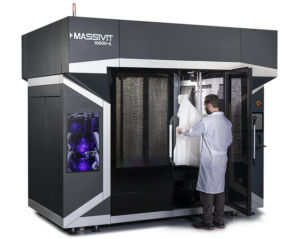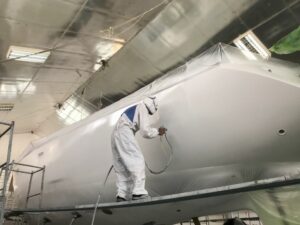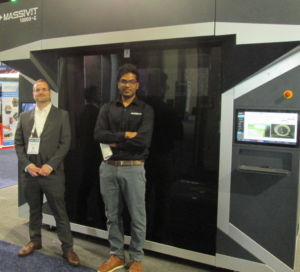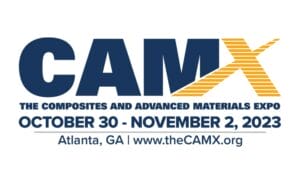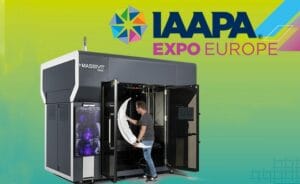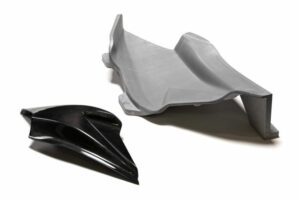Advancements in 3D Printing Technology
While some CNC service shop owners still think of desktop “hobbyist” machines when thinking of 3D printing, the reality is that 3D printing technology has made huge strides. In our day and age, 3D printing is just as relevant, if not moreso, to commercial and industrial production where the technology can shorten lead times and boost quality. This is especially so when considering breakthrough technologies for large-scale 3D printing.
The advancements in additive manufacturing technology have enabled CNC service shops to explore the use of 3D printing as a viable option for their operations. 3D printing provides a cost-effective and efficient means of producing prototypes, which is crucial for testing and refining designs before mass production. Furthermore, the use of 3D printing in CNC service shops allows for greater flexibility and quicker turnaround times compared to traditional manufacturing methods.
There are many benefits to adding a large-scale 3D printer, and in the section below we’ll run down the most important ones.
Benefits of Adding a Large-Scale 3D Printer to a CNC Service Shop
1. Custom and complex parts production: Large-scale 3D printing technology allows for the production of full-sized custom and complex parts, which traditional manufacturing methods struggle with. This opens up new opportunities for CNC service shops to offer services to a wider audience that is looking to rapidly print complex or short run components for a range of industries including marine, automotive, and even events.
2. Faster and more cost-effective prototyping: Cutting-edge 3D printing technology enables CNC service shops to produce prototypes quickly and iterate designs faster than traditional manufacturing methods such as CNC, resulting in significant time and cost savings.
3. Increased efficiency and flexibility: Adding a 3D printing allows CNC service shops more flexibility. The efficiency of receiving digital files for print is already a norm for some shops, and the ability to leverage a large-scale 3D printer for part or all of a project means all of a shop’s machines can be utilized in the smartest way possible. This allows shops to respond to customer needs and demands more quickly and effectively.
4. Reduced waste: As opposed to subtractive manufacturing technology like CNC which creates a great deal of waste, 3D printing does not. As an additive manufacturing technology, 3D printing only uses the absolute minimum of material needed – and leaves very little waste behind. This is good for business, and good for the world too.
5. Production of composite part molds: Some cutting edge 3D printing technologies enable the production of composite parts. Creating a mold for a composite part, is an exceedingly long process. Leveraging the technology in a Massivit 10000 however, can shorten this process from weeks to days – getting a composite part production line up and running much faster. That’s a significant advantage that CNC service shops can now offer to their customers who are looking to create composite parts.
Demand for AM Rising Across Industries
The 3D printing industry is rapidly growing, and its use in manufacturing is on the rise. This technology allows for greater flexibility, faster production times, and the ability to produce custom and complex parts. As a result, many industries are incorporating 3D printing into their operations, including rail, aerospace, and bath ware. With continued advancements in the technology, the use of 3D printing in manufacturing is expected to increase in the coming years.
With an existing user base to tap into, as well as increasing inquiries by those looking for 3D printing services, CNC service shops are perfectly placed to capture this growing market.
Shops that are equipped with additive manufacturing systems from Massivit can create large-scale, custom parts and prototypes with real geometric freedom that will keep customers coming back. With these additional capabilities, CNC service shops are able to stay ahead of the competition and meet and exceed the growing demands of their customers.


